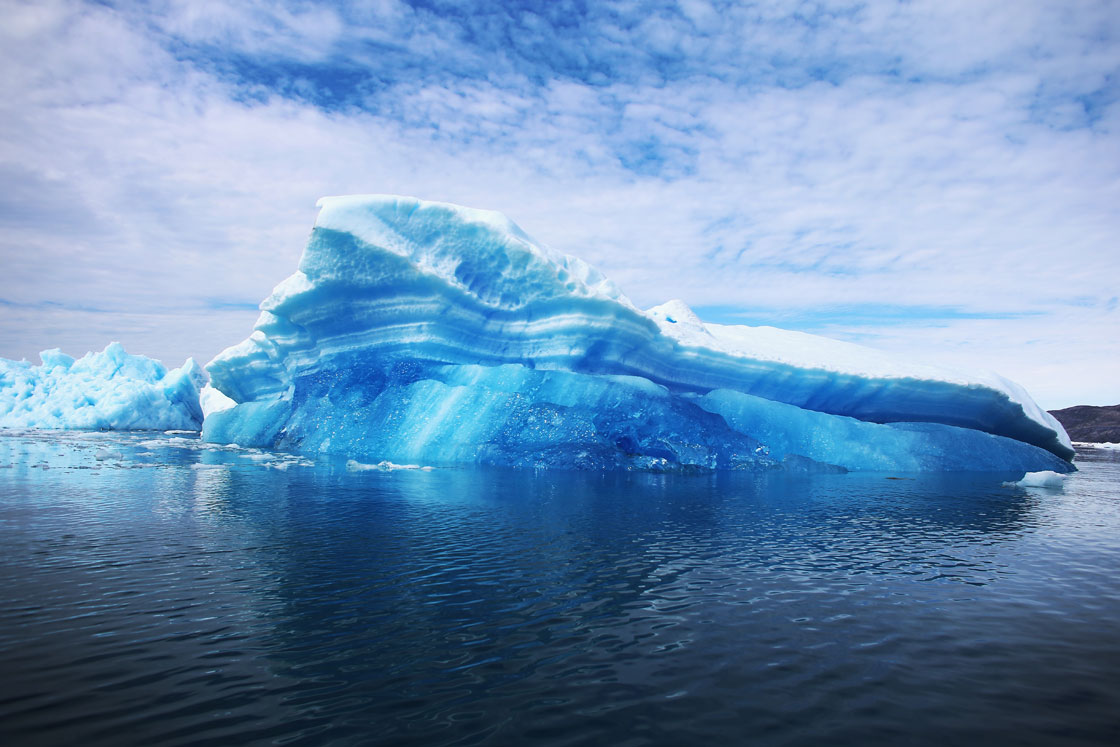The following was written on Thursday, Sept. 26, as a post on Facebook, before the release of the IPCC report on Friday. It was edited and re-posted here on Sunday, Sept. 29.

Tomorrow you will likely hear about a new global warming report released from the Intergovernmental Panel on Climate Change (IPCC). It will claim that scientists are more certain than ever (95 per cent certainty) that humans are causing the Earth to warm.
The report will argue that the situation is becoming more and more dire and that failure to act will lead to a “point of no return” where the temperature train will race out of control and Earth’s ice caps will completely melt, and that hurricanes, floods, tornadoes, and droughts will all become more frequent.
I hope you take the time to look at some of the facts and do your own research on the matter.
On Monday from 6-8 p.m. ET, Anthony will be participating in a live blog on climate change.
Consider the following:
1) The Earth has not warmed at all in the past 15-20 years.
2) Global climate models are severely flawed and have not predicted the pause in warming over the past 15-20 years.
- Life in the forest: How Stanley Park’s longest resident survived a changing landscape
- ‘Love at first sight’: Snow leopard at Toronto Zoo pregnant for 1st time
- Carbon rebate labelling in bank deposits fuelling confusion, minister says
- Buzz kill? Gen Z less interested in coffee than older Canadians, survey shows
3) Several of the same scientists that are claiming the planet will be free of ice by the summer of 2020, claimed we would be ice-free right now as recently as 2007.
4) The Arctic ice sheet is healthier than it’s been in the past five years and is over 50 per cent above last year’s ice total.
5) The Antarctic ice sheet has actually grown over the past 33 years and is now near an all-time record high.
6) The sun is in it’s quietest cycle since the early 1900s and there are increasing signs we are entering a prolonged quiet period similar to the Maunder Minimum that froze Europe and was the coldest period of the past millennium.
7) The Pacific Ocean has recently entered its cool cycle which will last for at least the next couple decades. The Atlantic will follow in a few years time. The last time the two oceans were cool was in the 70s where fears of a “mini ice age” made the cover of Time magazine among other major publications.
8) Floods, hurricanes, tornadoes, winter storms, droughts and other extremes are part of nature. Ballooning populations in major disaster zones are much more likely the cause for the billion-dollar disasters of the past couple decades.
9) Tornado numbers are at a record low this year and the hurricane season is practically non-existent with the ACE value as low as we’ve seen since the late 70s.
What’s very frustrating is the fact that politics is fully woven into the “climate science” fight. In Friday’s report, the IPCC will make no mention of the paused global warming or the recovering ice caps or the faulty climate models, all because of pressure from the U.S. government and other major political players around the globe.
They are up against a wall because the public is becoming increasingly aware that their dire predictions are not coming true and any sign of further weakness would completely derail the climate change movement.
Read more on the other side of the argument: It’s time we took responsibility for global warming
You can no longer trust the IPCC for an unbiased look at climate change. You can’t trust a scientific body that is being controlled and persuaded by political powers.
This has been proven by “Climategate 1 & 2 and 3,” thousands of leaked emails and papers covering up scientific information that goes against the climate change agenda.
To understand what is really going on, check out the Nongovernmental IPCC. They are a group of international scientists who have come together in the past decade to independently check if/why our planet is warming. NIPCC is not under the same UN pressure as IPCC.
Also check out its latest summary for policy makers.




Comments